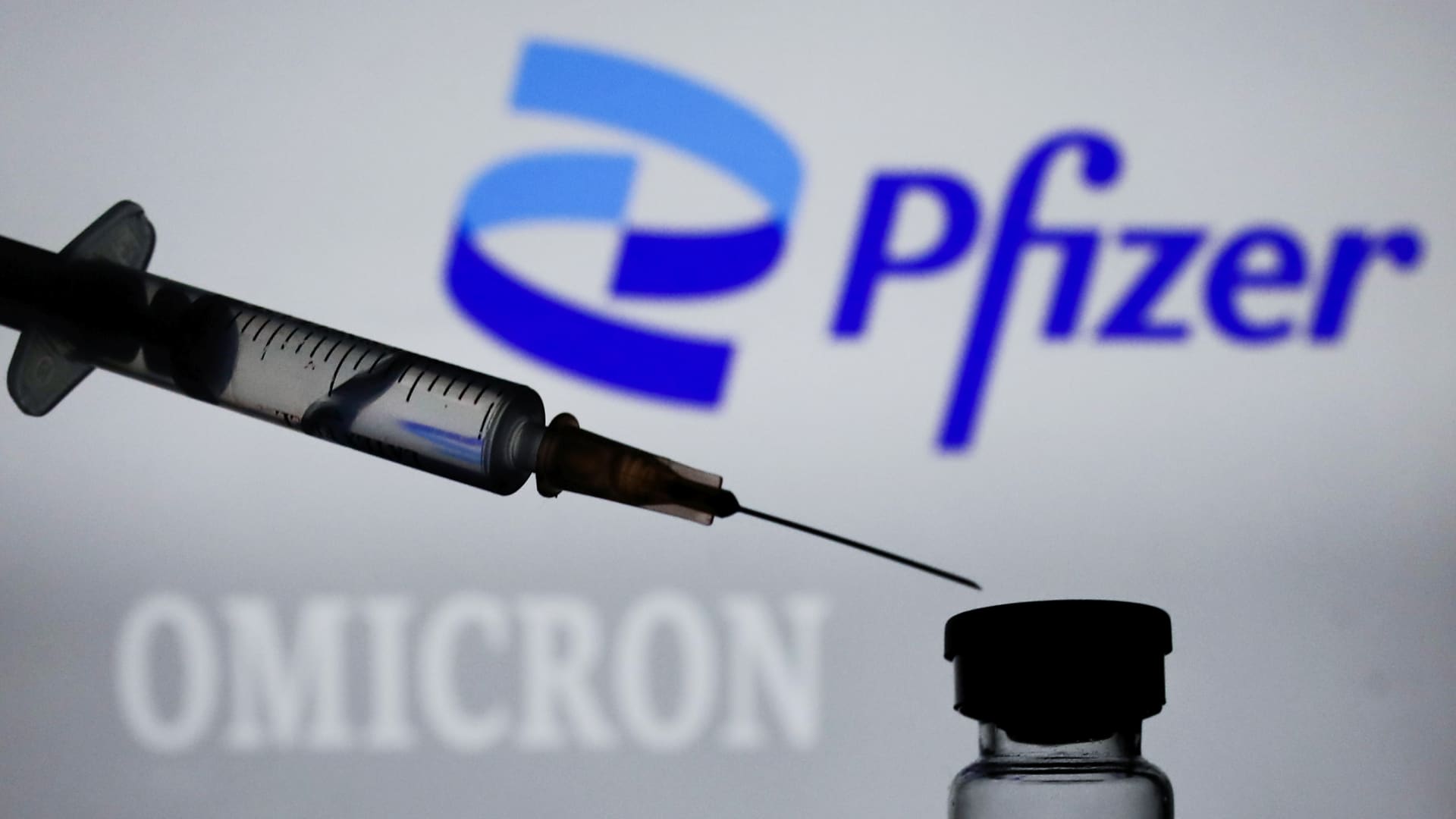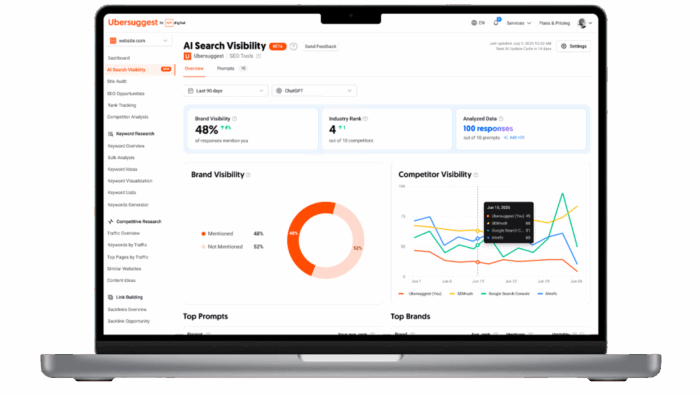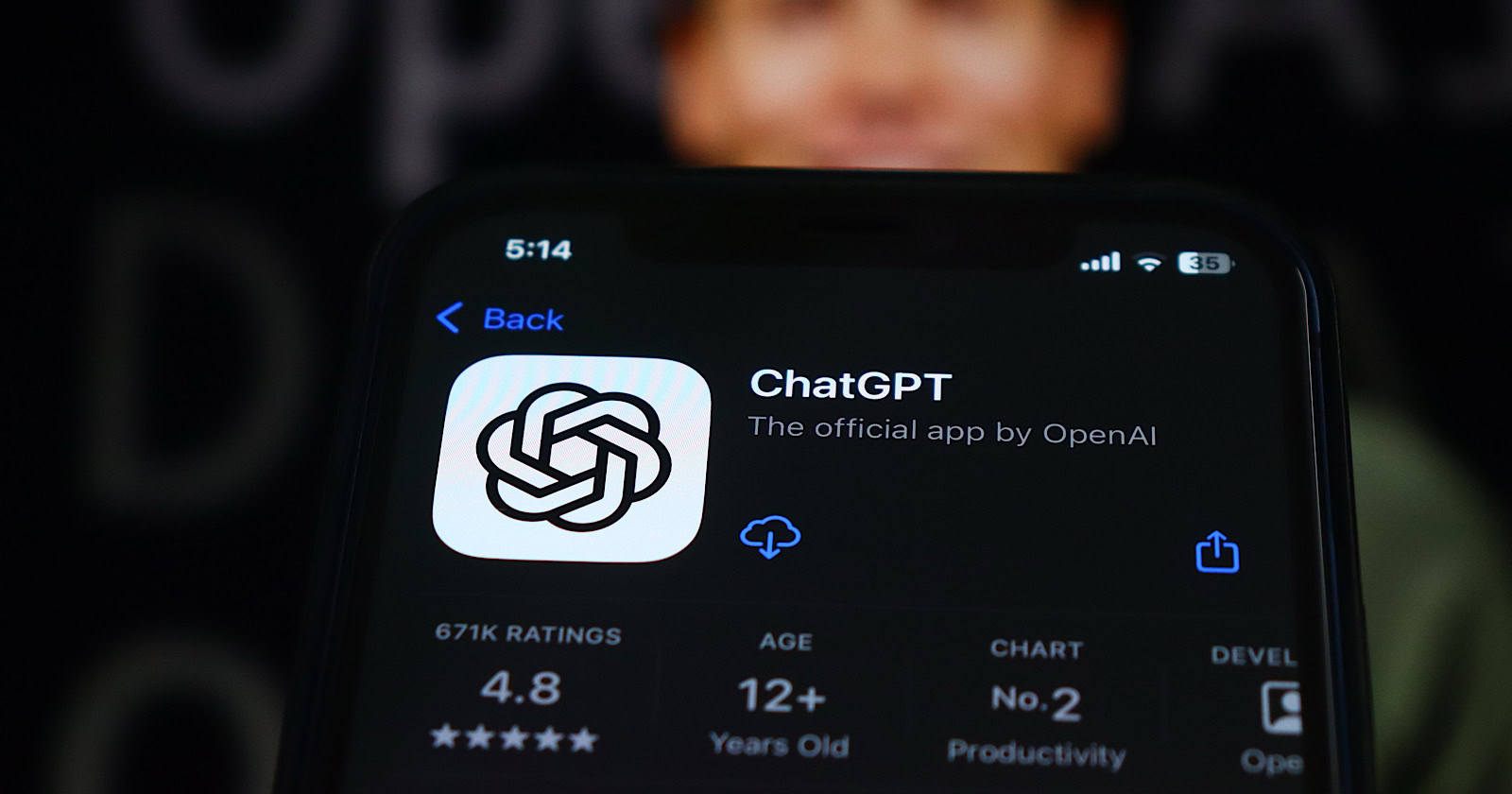Eli Lilly experimental obesity drug could beat rivals in total weight loss for patients
Obese or overweight patients who took Eli Lilly's retatrutide lost 58 pounds on average, the pharmaceutical company said in a mid-stage clinical trial.

Eli Lilly and Company, Pharmaceutical company headquarters in Alcobendas, Madrid, Spain.
Cristina Arias | Cover | Getty Images
Eli Lilly’s experimental drug helped patients lose up to 24% of their weight after almost a year, the highest reduction seen in the obesity treatment space to date, according to new mid-stage clinical trial results released Monday.
The phase two trial followed 338 adults who were obese or overweight and either received the pharmaceutical company’s injection, retatrutide, or a placebo each week.
Patients who took a 12-milligram dose of retatrutide lost 17.5% of their body weight, or 41 pounds, on average after 24 weeks, compared with 1.6% for those who received the placebo.
Patients lost 24.2%, or 58 pounds, on average after 48 weeks. Those who took the placebo lost 2.1% of their body weight after that same time period.
The trial's researchers said average weight loss did not appear to plateau after 48 weeks, suggesting a longer study could show even more. Eli Lilly is currently recruiting patients for a phase three trial.
That data suggests Eli Lilly’s retatrutide is the “most effective anti-obesity med to date,” Michael Weintraub, an endocrinologist at NYU Langone Health, said in a Twitter post.
Eli Lilly’s other obesity drug Mounjaro, which is approved for type 2 diabetes, has helped patients lose up to 21% of their weight in clinical trials.
Novo Nordisk’s Wegovy, cleared for weight loss, has shown up to 15% weight loss in trials.
Like Wegovy and Mounjaro, Eli Lilly's retatrutide is a weekly injection that changes the way patients eat and leads to decreased appetite by mimicking certain hormones in the gut.
But Wegovy only mimics one hunger-regulating hormone called GLP-1, while Mounjaro mimics GLP-1 and another hormone called GIP.
Retatrutide mimics three different hunger-regulating hormones: GLP-1, GIP and glucagon. That appears to have more potent effects on a person's appetite and satisfaction with food.

 KickT
KickT 
































